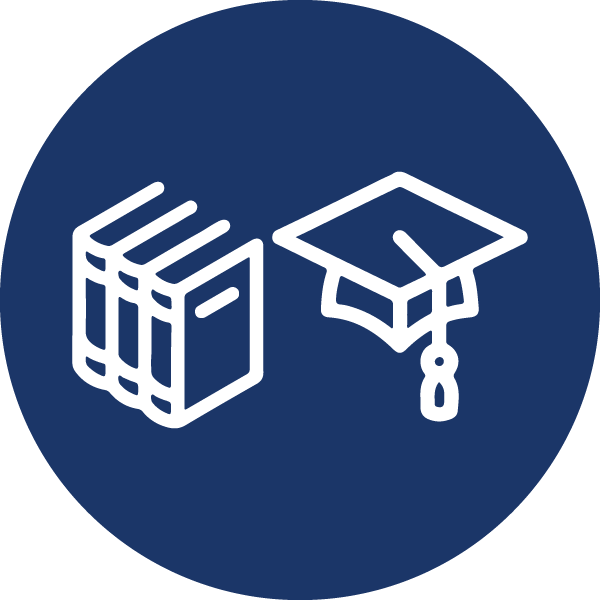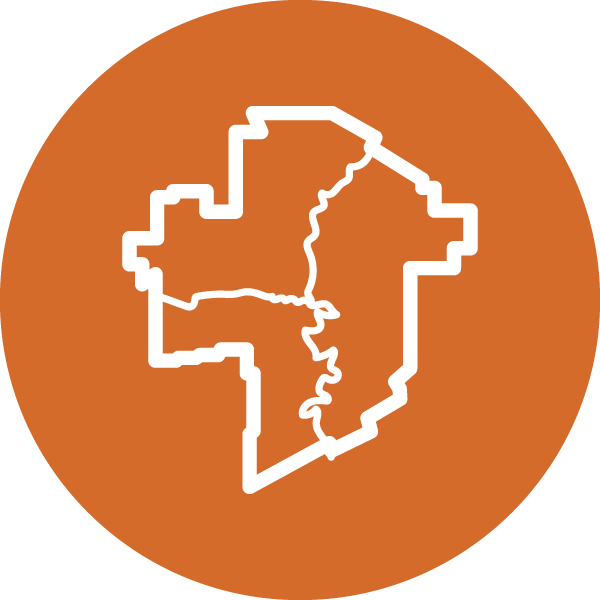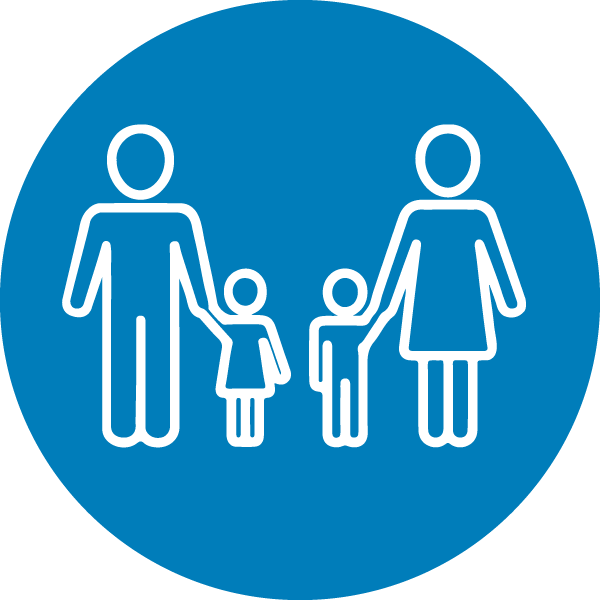Essay submitted by Peter Koroma
Founder, Sierra Leone Refugee Resettlement
Originally a meeting place for First Nations, Winnipeg has grown from the early European settlers to the most recent newcomers and successfully built a community of communities.
While we embrace this multicultural heritage, we still struggle with the social inclusion of newcomers. This is where I envision opportunities for growth in the next hundred years.
Many newcomers who arrived in recent decades are refugees forced to flee their countries because of wars and political persecution. Their countries were no longer able to protect them or offer a future to their families. When we welcome these families, they help us build a stronger city and our city can be a beacon of hope for the world. Rather than building walls or closing borders, we prove how powerful inclusion can be.
Can Winnipeg protect future refugees without socially excluding them from mainstream society?
My hope is that Winnipeg will aspire to provide opportunities in education and employment for newcomers and remove systemic discrimination from our bureaucratic structures. There are too many glass ceilings and artificial barriers for many newcomers who are not taken seriously for certain professions or government jobs.
During the next century, education will be mostly online and require basic computer skills as well as access to technology, which many refugees do not have. Learning the art of reading, writing and critical thinking will all require technology. We need to ensure newcomers have access to computers for education.
While many arrive in Winnipeg with their own trade skills, we know the next hundred years will be digitally driven. My hope is that our city will take this fact and combine it with the large newcomer community to build innovative solutions to close employment gaps and create more prosperity.
Many professional jobs in Canada have stringent barriers to entry that socially exclude newcomers from securing good jobs in their disciplines. My hope is that with new technology there will be no more barriers because new avenues to employment are available. Professional knowledge will be universally accessible as an open source and less about memorizing information and more about learning how to use information. Critical thinking will be one of the most important skills for employers and somebody’s accent will be irrelevant.
Through reconciliation and advocacy, I hope that we are on the road to a more peaceful Canadian society by the year 2121.
How will philanthropy contribute toward these aspirations?
The Alloway inspiration lives on!
There are already funds established with The Winnipeg Foundation to address issues of education, employment and systemic discrimination. The next generation of donors will build on this foundation in a more global way. Because of technology, global giving will generate more funds in the future to help charitable organizations and community groups solve these social issues.
This will create a Winnipeg that is internationally recognized for welcoming newcomers while achieving a more equitable and prosperous society.
Biography
Peter Koroma is a community advocate who works with newcomers and has decades of experience in the civil service, helping underserved communities. He has taken on a range of political roles including President of the Manitoba Liberal Party and candidate for both MLA and Winnipeg City Councillor.
He is originally from Sierra Leone and immigrated to Winnipeg in 1980, where he attended the University of Winnipeg Collegiate and graduated from the University of Manitoba before starting a family and a career in the civil service.
Peter holds a Master’s in Political Studies and a BA in Economics from the University of Manitoba. He founded the charitable organization Sierra Leone Refugee Resettlement in 2000, and is a Founding member of the Newcomer Youth Educational Support Services Coalition (NYESS), which has served thousands of newcomer youth during the past 14 years.



 Literacy, Education & Employment
Literacy, Education & Employment
